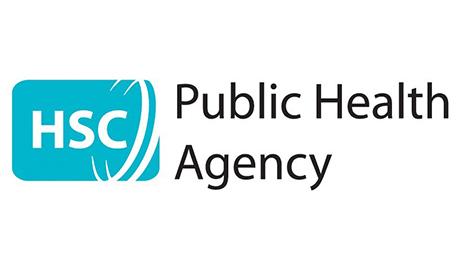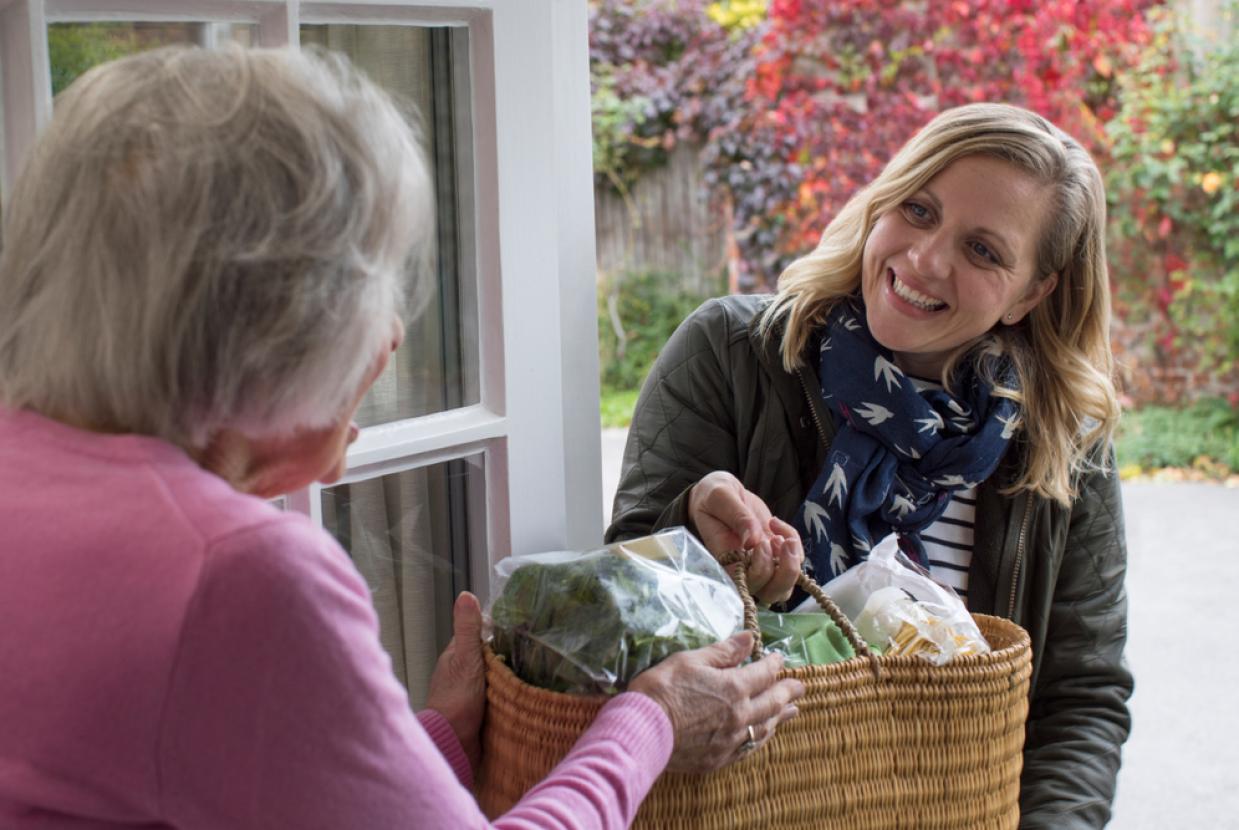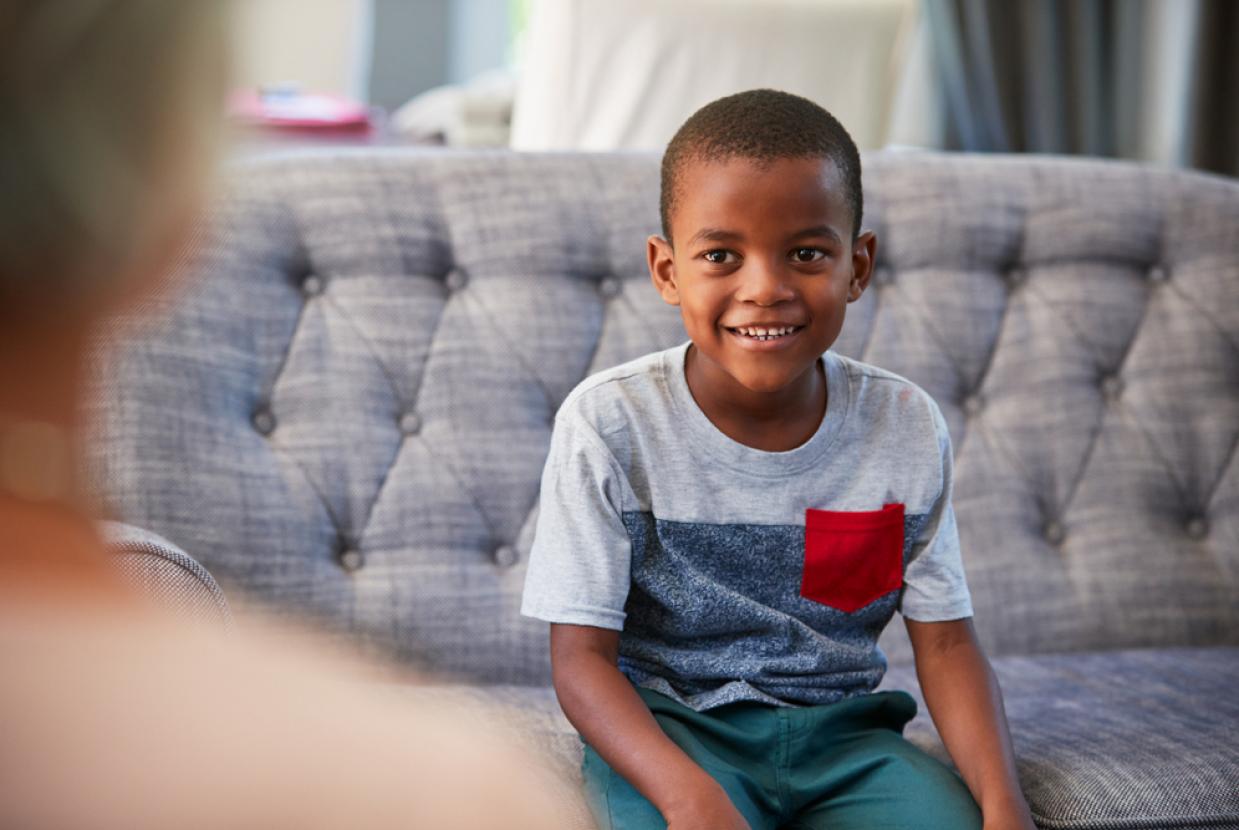Group A Strep
Family HealthParents and guardians are being urged to be alert for the signs of group A streptococcal (GAS) infections by the Public Health Agency (PHA).
Group A streptococcus bacteria usually cause a mild infection producing sore throats or scarlet fever that can be easily treated with antibiotics. In very rare circumstances, these bacteria can get into the bloodstream and cause serious illness – called invasive Group A strep (iGAS).
As well as an increase in notifications of scarlet fever, which is above the levels we usually see at this time of year, the PHA is also aware of a higher number of cases of iGAS being reported across the UK.
While iGAS is still uncommon, it is important that parents are on the lookout for symptoms of illnesses caused by group A streptococcus bacteria and seek medical advice so that their child can be treated appropriately and to help prevent the infection becoming serious.
What to do if you suspect your child has scarlet fever
Scarlet fever mainly affects children under 10, but people of any age can get it. In the early stages, symptoms include a sore throat, headache, and fever, along with a fine, pinkish or red body rash with a sandpapery feel. On darker skin, the rash can be more difficult to detect visually but will have a sandpapery feel.
The PHA is asking parents to contact their GP if they suspect their child has scarlet fever, because early treatment with antibiotics is important to reduce the risk of complications such as pneumonia or a bloodstream infection.
Dr Joanne McClean, Director of Public Health at the PHA, said: “Scarlet fever usually clears up after about a week, but anyone who thinks they or a child may have it should contact a GP for a diagnosis and appropriate treatment.
“To limit the spread of scarlet fever it is also important to practise good hygiene by washing hands with warm water and soap, not sharing drinking glasses or utensils, and covering the nose and mouth when coughing or sneezing. People should also stay away from nursery, school or work for 24 hours after taking the first dose of antibiotics.”
Don’t put off seeking help if your child continues to get worse
There can be a range of causes of sore throats, colds and coughs. These should resolve without medical intervention. However, children can on occasion develop an infection and that can make them more unwell.
The PHA is also urging parents to seek help if their child is very unwell or seems to be getting worse – even if they have started treatment. Parents should contact their GP if they feel:
- their child is getting worse;
- their child is feeding or eating much less than normal;
- their child has had a dry nappy for 12 hours or more or shows other signs of dehydration;
- their baby is under 3 months and has a temperature of 38°C, or is older than 3 months and has a temperature of 39°C or higher;
- their baby feels hotter than usual when they touch their back or chest, or feels sweaty;
- their child is very tired or irritable.
Call 999 or go to the Emergency Department if:
- your child is having difficulty breathing – you may notice grunting noises or their tummy sucking under their ribs;
- there are pauses when your child breathes;
- your child’s skin, tongue or lips are blue;
- your child is floppy and will not wake up or stay awake.
Dr McClean continued: “The PHA has issued an urgent message to all primary and secondary care healthcare providers alerting them to increases in group A streptococcal infection. Acting quickly if you suspect anyone has this infection could make a difference to the outcomes.”
For further information on scarlet fever, visit www.pha.site/ScarletFever
Rises in recent cases of invasive group A streptococcus across the UK may be due in part to more social mixing, which may also result in other illnesses circulating at the same time. The PHA would therefore urge everyone eligible for the free flu vaccine to get it at the earliest opportunity. In particular we would urge parents of all pre-school children aged two years and over and those aged 6 months to 2 years who are in risk groups to avail of the free flu vaccine.











































































